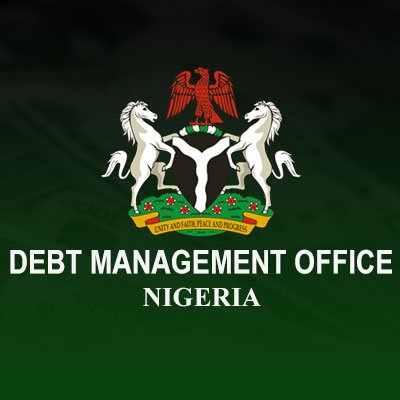……Nigeria’s Public debt hits N49 trillion
By Kadiri Abdulrahman
The Debt Management Office (DMO) said the total public debt stock of Nigeria as at March was N49.95 trillion (108.30 billion dollars).
According to a statement obtained from the DMO official website on Sunday, the total debt stock comprises the external and domestic debts of the Federal Government, the 36 states and the Federal Capital Territory (FCT).
Read Also : Nigeria’s public debt stock increases to N44.06trn in Q3 2022 – NBS
The News Agency of Nigeria (NAN) reports that the country’s total debt for the preceeding period 0f Dec. 21, 2022 was N46.25 trillion (103 billion dollars), indicating an increase of about three trillion Naira.
The total debt stock, however, excludes the Federal Government’s N22.719 trillion Ways and Means Advances of the Central Bank of Nigeria (CBN), whose securitisation was approved by the National Assembly in May.
According to the DMO, the Ways and Means will be included in the debt stock of the Federal Government from June.
Meanwhile, the DMO recently released the Market Access Country-Debt Sustainability Analysis (MAC-DSA) to promote transparency.
Read Also : Nigeria’s public debt stock increases to N42.84trn in Q2 2022 – NBS
The MAC-DSA is a World Bank/IMF tool for best practices in public debt management, which the DMO adopted and has implemented over the years.
According to the DMO, it is an annual exercise anchored by it, with the participation of key Federal Government agencies.
It listed such agencies to include the CBN, Budget Office of the Federation and Office of the Accountant General of the Federation (OAGF).
Others are the National Bureau of Statistics (NBS) and the Federal Ministry of Finance, Budget and National Planning.
According to Patience Oniha, Director-General of the DMO, the recent DSA reports highlighted the need for more revenues to keep the public debt sustainable.
Oniha said that the recently released DSA report, which was for 2022, also emphasised the need for the government to grow revenues.
She commended some of the recent policies of the present administration as capable of enhancing debt sustainability.
“Policies like the removal of subsidies to manage expenditure and the focus on revenue through the appointment of a Special Adviser to the President on Revenue were positive steps for public debt sustainability, ” Oniha said. (NAN)




